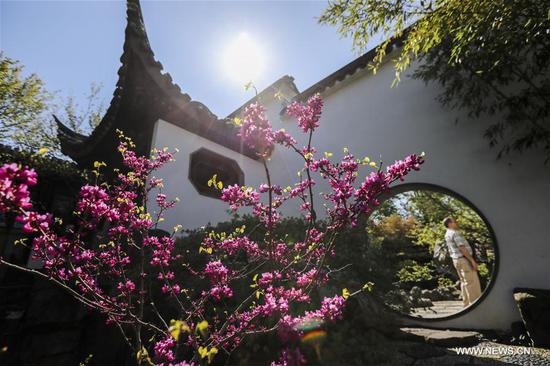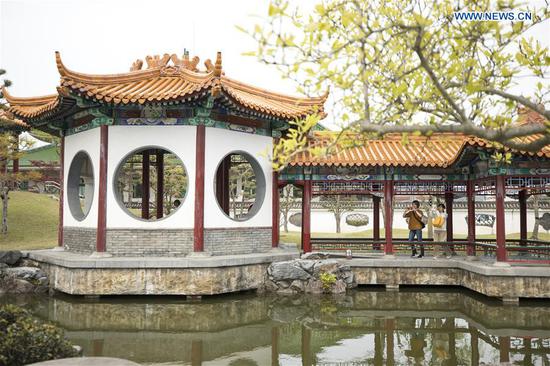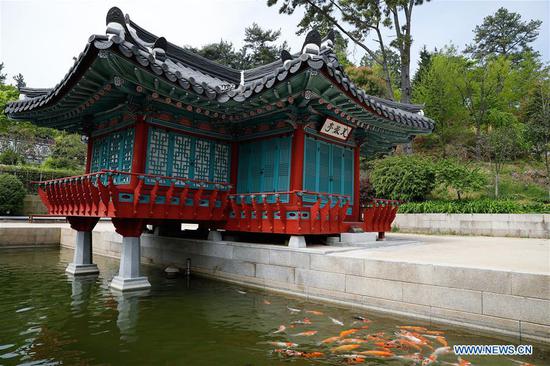Traditional Japanese cuisine is collectively known as Washoku, literally meaning "food of Japan." Natural flavors are the essence of Washoku, while its cooking methods are delicate.
Washoku is primarily divided into three categories: Honzen ryori, Kaiseki ryori, and Chakaiseki ryori.
As one of the three basic styles of traditional Japanese cuisine, Chakaiseki ryori is a meal served during a tea ceremony. The food is fresh, seasonal, and carefully prepared without decoration.
Honzen ryori is a highly ritualized form of serving food in which prescribed types of food are carefully arranged and served on trays. The basic menu of Honzen ryori consists of one soup and three types of side dishes – for example, sashimi, a broiled dish of fowl or fish, and a simmered dish.
Also, Kaiseki ryori is a type of cuisine served at sake parties and developed into its present form as restaurants became popular in Japan in the early 19th century. Today, this type of cooking can be found in its most sophisticated way at first-class Japanese-style restaurants.
The Japanese government put forward the idea of adding Washoku to the UNESCO World Heritage List, saying that Washoku embodies the Japanese spirit of "respecting nature" and is a "social custom" related to diet. The UNESCO added Washoku to its World Heritage List in 2013.

















































